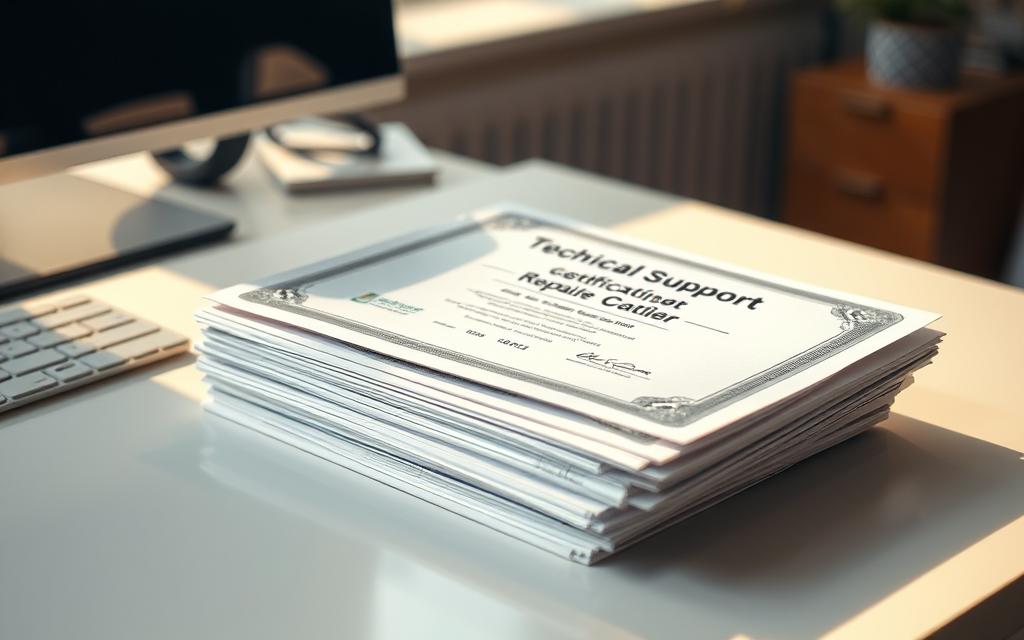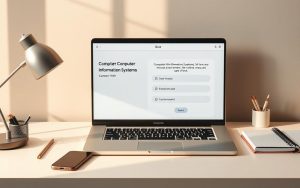Table of Contents
The demand for skilled technicians in mobile and computer sectors is rising globally. Australia offers structured opportunities for professionals with expertise in technology repairs. Apple’s technical specialist roles, for example, highlight this growing need.
Visa pathways exist for qualified individuals. The country prioritizes skilled migration, making it accessible for those meeting industry standards. Adapting to local requirements ensures smoother transitions.
This article explores visas, job markets, and career growth. Whether upgrading skills or relocating, information here helps streamline the process. Stay tuned for actionable insights.
Visa and Immigration Requirements for Repair Technicians
Qualified electronics experts find clear migration routes Down Under. Australia’s visa system rewards those with documented expertise in device maintenance. Employers like Apple and Dr. Phone Fix seek candidates meeting strict criteria.
Types of Work Visas for Technicians
The Temporary Skill Shortage (subclass 482) visa suits employers facing labor gaps. It requires sponsorship and role-specific training. For permanent residency, the Skilled Independent (subclass 189) visa prioritizes high-demand occupations.
| Visa Type | Duration | Key Requirement |
|---|---|---|
| 482 (Temporary) | 2–4 years | Employer sponsorship |
| 189 (Permanent) | Indefinite | Points-based assessment |
Skills Assessment and Eligibility Criteria
Trades Recognition Australia (TRA) evaluates technical qualifications. Applicants must prove 1+ year of hands-on experience. Apple distinguishes between two paths:
- Technical Specialists: Entry-level with mentorship.
- Genius roles: Certified hardware repairs.
Dr. Phone Fix prioritizes Android/iOS expertise. Fluency in English is critical for customer-facing service roles. Always verify latest information via official channels.
Essential Skills and Qualifications for Repair Techs in Australia
Success in Australia’s tech repair industry demands both expertise and adaptability. Employers like Apple and Dr. Phone Fix seek candidates who blend technical support prowess with people-first approaches. Here’s what sets top performers apart.

Technical Skills and Certifications
Mastering hardware repairs is non-negotiable. Apple’s Genius roles require screen replacements and logic board fixes. Dr. Phone Fix tests troubleshooting for smartphones and tablets.
Key certifications validate proficiency:
- CompTIA A+: Covers core technology diagnostics.
- Apple Certified Mac Technician (ACMT): Focuses on Mac/mobile devices.
| Certification | Focus Area | Employer Preference |
|---|---|---|
| CompTIA A+ | Cross-platform issues | Dr. Phone Fix |
| ACMT | Apple hardware | Apple Retail |
Customer Service and Communication Abilities
Jeronimo’s mentorship at Apple shows how team collaboration elevates technical support. Melissa transitioned from retail to Genius Bar by blending empathy with technology skills.
Dr. Phone Fix integrates sales into repairs. Staff manage prepaid plans while fixing devices. Multitasking—like inventory tracking—is critical for career development.
Job Opportunities and Career Growth for Repair Technicians
Australia’s tech sector offers diverse pathways for skilled professionals specializing in device maintenance. From retail giants to telecom providers, opportunities abound for those with certified expertise. Employers prioritize candidates who combine technical skills with customer-centric approaches.
Industries Hiring Repair Technicians
Major players like Apple Retail and Telstra dominate hiring. Independent shops such as Dr. Phone Fix also provide entry points. Emerging IoT markets create demand for specialists in smart home device repairs.
Key employers include:
- Apple: Technical Specialist to Genius role progression.
- Telstra/Optus: Telecom-focused hardware support.
- Dr. Phone Fix: Combines repairs with sales incentives.
Salary Expectations and Benefits
Entry-level roles start at $45K–$60K AUD yearly, while certified experts earn $65K–$85K. Apple offers $28–$35/hour plus training programs. Dr. Phone Fix adds commissions and employee discounts.
| Employer | Hourly Rate | Perks |
|---|---|---|
| Apple | $28–$35 | Certification sponsorships |
| Dr. Phone Fix | $24–$30 | Sales bonuses |
Melissa’s journey from retail to Apple’s Genius Bar highlights career growth potential. Shift flexibility in retail roles enhances work-life balance, boosting job satisfaction.
Conclusion
Building a career in device maintenance requires certified expertise and visa compliance. Customer service skills are equally vital for long-term satisfaction in this field.
The technology sector is expanding rapidly, with a 15% job growth forecast by 2026. Professionals like Jeronimo prove that blending technical support with mentorship creates success.
Start with entry-level roles to meet visa eligibility. Never overlook communication skills during assessments—they define team dynamics.
With the right mix of certifications and people skills, thriving in this industry is achievable. Take the first step today.
FAQ
What visas allow repair technicians to work in Australia?
Skilled visas like the Temporary Skill Shortage (TSS) Visa (Subclass 482) or the Skilled Independent Visa (Subclass 189) are common. Technicians must meet occupation lists and pass skills assessments.
Are certifications required for hardware and technical support roles?
While not always mandatory, certifications like CompTIA A+, Microsoft Certified Professional (MCP), or vendor-specific credentials (e.g., Apple, Dell) improve job prospects and employer trust.
What industries hire repair technicians in Australia?
IT service firms, retail chains (e.g., JB Hi-Fi, Officeworks), telecom providers, and corporate IT departments frequently hire technicians for device repairs and customer support.
How important is customer service in this role?
Critical. Employers prioritize problem-solving skills and the ability to explain technical issues clearly to non-tech customers for high satisfaction ratings.
What’s the average salary for repair technicians?
Entry-level roles start at AU,000–AU,000/year, while experienced techs in cities like Sydney or Melbourne earn AU,000–AU,000, plus benefits.
Can overseas experience count toward Australian jobs?
Yes, but skills must align with Australian standards. Some employers may require local training or certifications for compliance.









